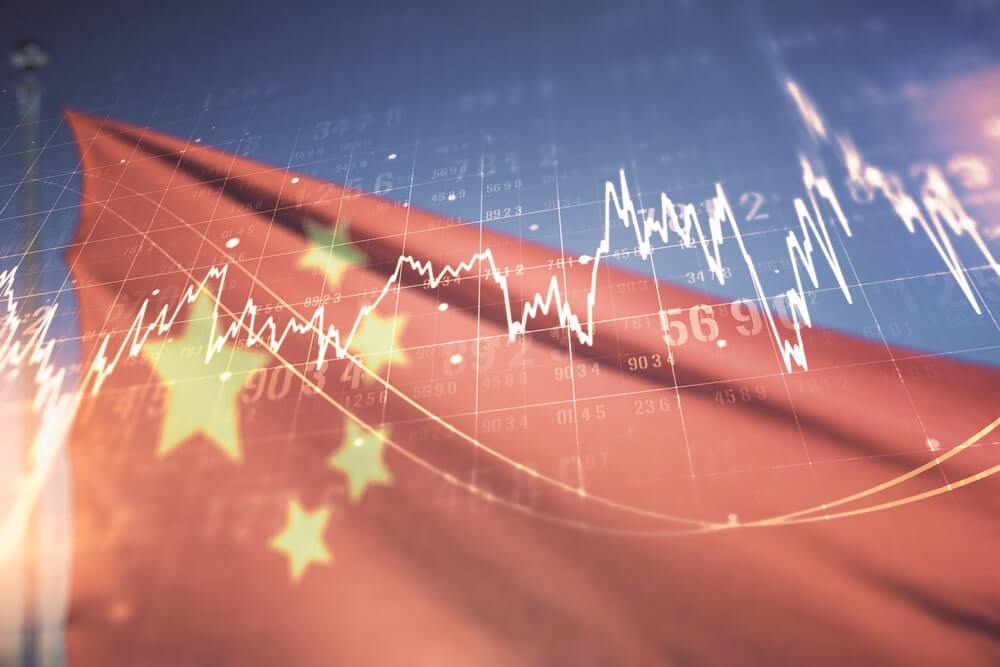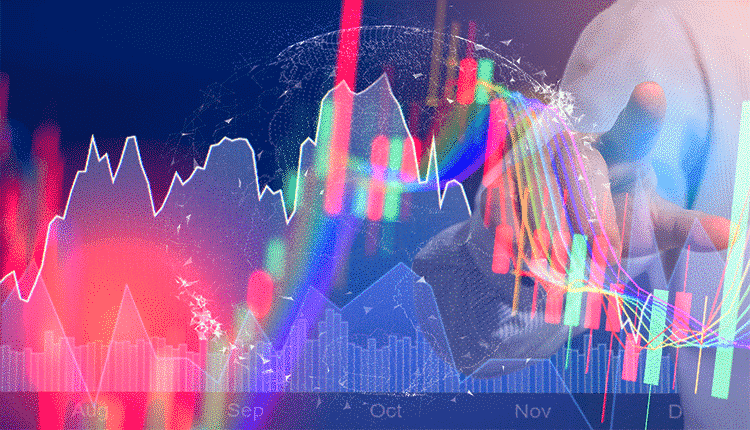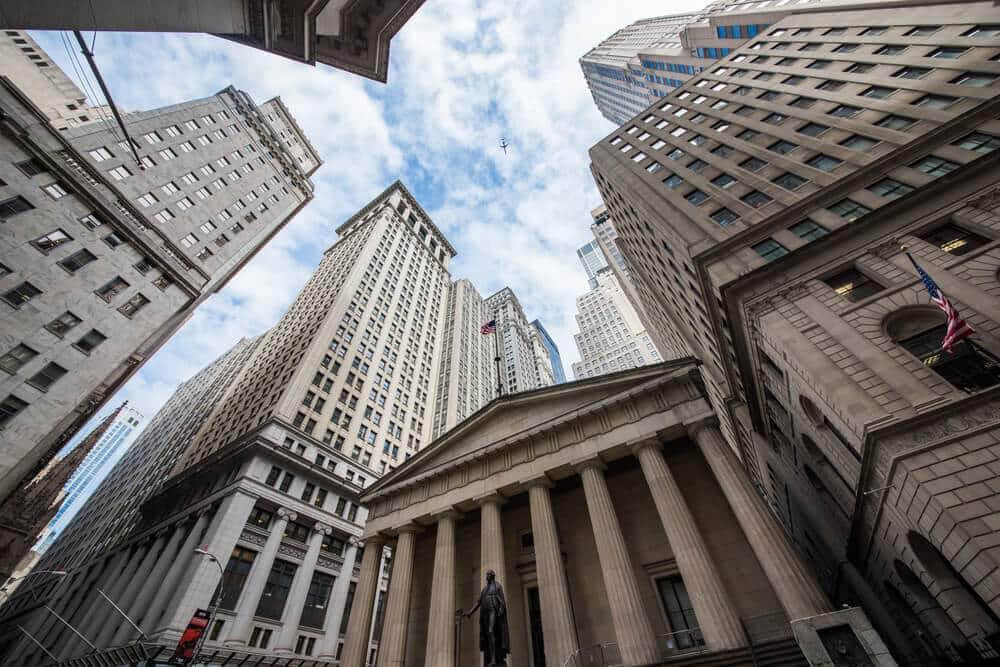
Video game sectors fell over fears of Chinese regulation
Highlights:
-
- USA
The Dow Jones slipped by 0.28% or 97.31 points, the S&P 500 fell by 0.18%, and the Nasdaq rebounded a slight 0.06% or 8.39 integers. - ASIA
The Nikkei closed lower with a loss of 0.5%. The Kospi gained 0.44% or 14.1 points. Hang Seng slipped by 0.16% or 40.98 points, after the plunge of digital giant Tencent. - EUROPE
European stocks are in the green, with Stoxx 600 trading with an increase of 0.31%.
- USA
Covid-19 and Slow Economic Growth Pressured Wall Street
Major Wall Street indices were trading higher at the beginning of the trading session. However, midway, the trend reversed as fears around the Delta variant of Covid-19 weighed more on investor sentiment. Only the Nasdaq managed to stay on positive grounds. Still, it closed with a very slight climb, far from the session’s highs.
Economic data also cast doubts on the strength of the country’s growth. US manufacturing activity picked up in July, but the pace of growth slowed for the second month in a row. It happened when spending shifted away from goods to services, and a shortage of raw materials persisted.
The news impacted the yield on the 10-year Treasury bond, which hit 1.17%.
The country reached the goal of 70% of the immunized adult population, almost at a time when positive cases have risen to 100,000 in a single day, something not seen since February.
Dow Jones dropped by 0.28%
The Dow Jones slipped by 0.28% or 97.31 points, to 34,838.16. The selective S&P 500 fell by 0.18% or 8.10 units, to 4,387.16.
Meanwhile, the Nasdaq Market Composite Index rebounded a slight 0.06% or 8.39 integers to 14,681.07.
By sectors, the raw materials posted the biggest loss today, sliding by 1.17%. The industrial sector decreased by 0.73%, and energy companies dropped by 0.71%. At the same time, utilities saw the biggest gain adding 0.75%.
Among the 30 firms listed on the Dow Jones, most of the stocks ended in the red. Visa shed the most, losing 2.68%. It was followed by Dow Inc, slipping by 1.45% and McDonald’s, which lost 1.18%.
On the other hand, Goldman Sachs gained 0.83% and UnitedHealth advanced by 0.79%.
At the corporate level, finance technology firm Square soared by 10% after purchasing Australia’s Afterpay for $29 billion.
Nikkei closes lower due to coronavirus concerns
Japan’s Nikkei closed lower on Tuesday as rising Covid-19 cases weakened investor sentiment. Video game stocks fell after Chinese media labelled online gaming as spiritual opium and electronic drugs.
The Nikkei dropped by 0.5% to 27,641.83 points. Moreover, the broader Topix index lost 0.46% to 1,931.14 points.
According to Koichi Nosaka, a market analyst at Securities Japan, amid deteriorating investor sentiment, any price increase is likely to trigger a sell-off.
Nexon led the decline with a drop of 6.51%. Meanwhile, Oji Holdings slipped by 5.05%, and DeNA lost 3.88%.
The Tokyo market started with a rebound, and there were occasions when the rate of decline narrowed, but return sales pulled down the growth.
The market became cautious about the economic slowdown and the appreciation of the yen. Moreover, weak movements in the Shanghai and Hong Kong markets also weighed on investor sentiment. Among the 33 sectors on the Tokyo Stock Exchange, 29 sectors declined. Air transportation, mining, steel, oil and stone posted the highest rate of drop.
Fast Retailing and SoftBank Group, which have a significant index contribution, slipped today.
The Kospi shot up due to the rise in technology
The KOSPI rose for the second day in a row due to a strong semiconductor stock market.
The Korean stock market index closed with an increase of 0.44% or 14.1 points at 3,237.1.
The KOSPI showed an uptrend at the beginning of the session as foreign buying concentrated on Samsung Electronics and SK Hynix. Foreigners net bought Samsung Electronics for 626 billion won and SK Hynix for 63.6 billion won.
The tech giant Samsung Electronics rose by 2.65%, while SK Hynix gained a significant 3.45%.
For the rest of the market, the session was very volatile. The doubts generated by the persistent rate of COVID-19 infections in Asia motivate continuous ups and downs.
In the biopharmaceutical sector, Samsung Biologics fell by 0.44%, although its competitor Celltrion improved by 0.57%.
Internet search engine Naver lost 1.27% and the national messaging application, Kakao, fell by 1.37%.
Hyundai Motor, the largest South Korean carmaker, enjoyed a rise of 1.59%.
The KOSDAQ index slipped by 0.16% or 1.69 points, at 1,36.1.
Tencent’s plunge weighed on Hang Seng

Chinese state-run newspaper the Economic Information Daily published an article that was deleted later. It described online games as “spiritual opium” and “electronic drugs.” Electronic games account for a significant part of Tencent’s annual revenue, which fell by more than 10% in the middle of the session. However, the company finally closed with smaller losses of 6.11%.
The Hang Seng lost 0.16% or 40.98 points to 26,194.82. Meanwhile, the Hang Seng China Enterprises fell by 0.17%.
Sub-indices settled mixed. The losses of Commerce and Industry and Real Estate weighed more on the market. The sectors shed 0.29% and 0.3%, respectively. On the other hand, Services increased by 0.04%, and Finance added 0,06%.
As for the other two digital giants, Meituan slipped by 2.04%, and Alibaba rose by 0.83%.
In real estate, Wharf REIC slumped by 3.97%. Meanwhile, Hang Lung Properties shed 2.86%.
The financial sector showed different results. Insurer Ping An gained 1.32%, and the state-owned Banco de Comunicaciones advanced by 1.1%. Meanwhile, the banking giant HSBC contracted by 1.27%, and its local subsidiary, Hang Seng Bank, lost 0.47%.
Among the Chinese state securities, the session was bad for Petrochina, which dipped by 0.61%. The telephone operator China Mobile expanded by 1.22%.
The business volume of the session was 203.7 billion Hong Kong dollars.
The Stoxx 600 added 0.31%
The European stock markets advanced today.
The EuroStoxx 50 index gained 0.1%, and the Stoxx 600 added 0.31%.
In London, the FTSE 100 rose by 0.33%, driven by the 2.4% increase in BP. It happened after the company announced a dividend increase and a share buyback program.
In Frankfurt, the DAX 30 gained 0.08%. The decline of BMW by 3.7% and Infineon’s slip by 1.12% limited the rise.
Tencent’s main shareholder, investment firm Prosus PROSUS, tumbled by 5.15% on the Amsterdam Stock Exchange after Tencent’s 6% fall.
BMW slipped by 3.70%. The automaker raised its 2021 profit forecast on Tuesday after strong quarterly results. Still, it said that the global semiconductor chip shortage and rising commodity prices would hurt its performance in the second half of 2020.
-
Support
-
Platform
-
Spread
-
Trading Instrument





